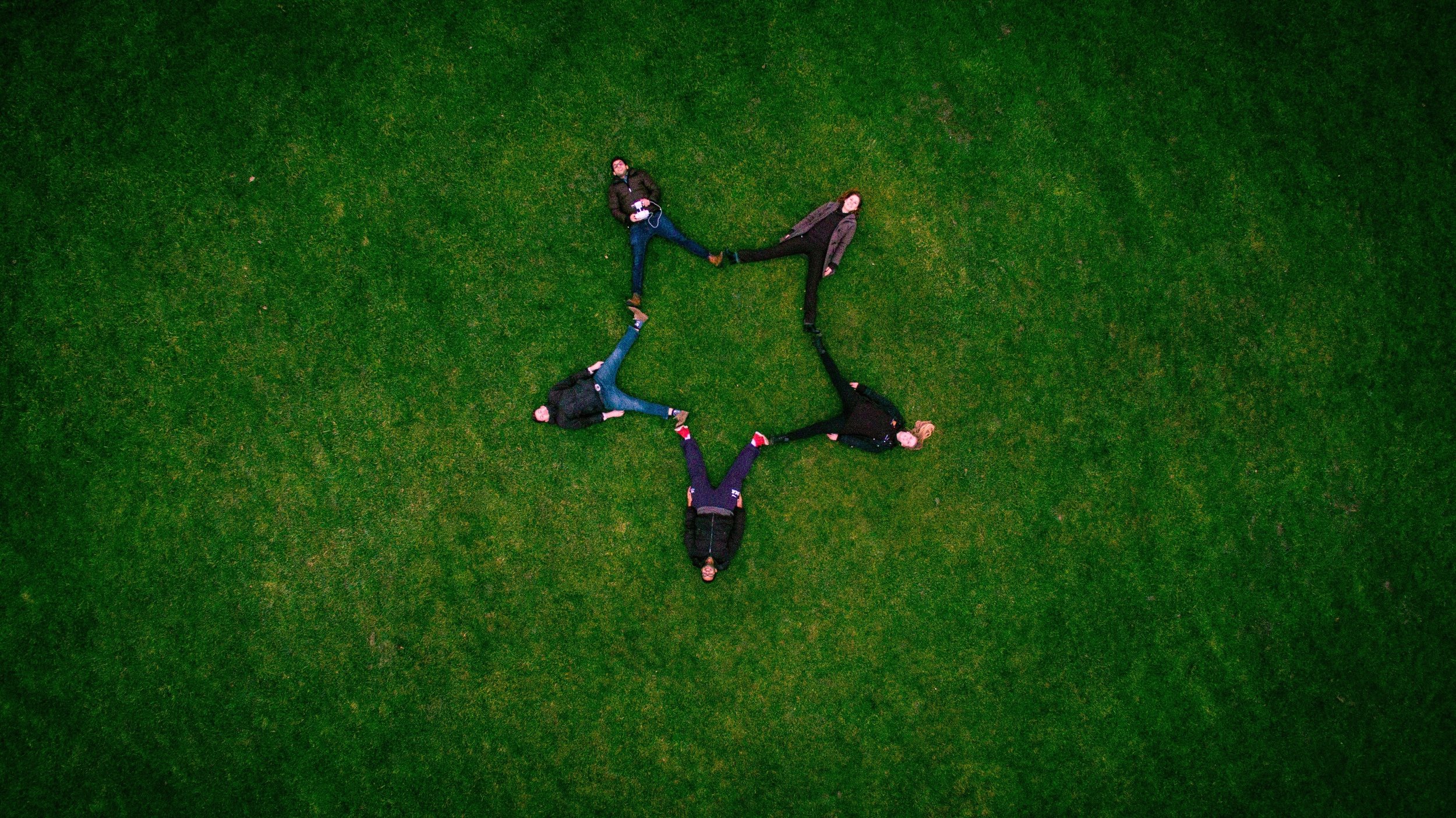An Editor's New Year's Resolutions
Well it’s that time again. The hangover is fading, the days are getting longer/colder, and we’re ramping up for the big winter holidays: National Hot Toddy Day (1/11), National Hot Buttered Rum Day (1/17), and National Irish Coffee Day (1/25).
Yes, it’s the new year, so what’s on my mind (aside from lovely hot alcoholic beverages) are New Year’s Resolutions.
Just to refresh your memory, a new year’s resolution is a sort of promise you make to yourself at the beginning of the year, usually (but not always) to change something for the better.
Traditionally they have to do with eating better or exercising more or things like that, but I’ve always found that I do much better with resolutions that affect my work than ones that affect my personal life (which is equal parts just fine and unsalvageable).
So, since I’m celebrating my first New Year as a professional freelance developmental editor, here are my Editor’s New Year Resolutions:
Resolution #1 - Edit with empathy
Ugh…I guess I have to figure out this guy’s whole deal…thanks, empathy.
Editing is solitary work (much like writing), and after a few weeks without human contact, it’s tempting to just look at a story as a mathematical formula:
S = P1(H+A)+P2(C1+C2+C3)+P3(X)
W-I
But that’s never going to be the way it works. For all of the similarities between books, ultimately the formula that underlies the craft of writing is only part of the story (so to speak).
Just as important is the lightning-in-a-bottle alchemy of the art of writing. If craft is the “how” then art is the “why” of writing, and a great story requires both.
This is where empathy comes into the mix. Unlike craft and formulae, art is subjective, and understanding or evaluating it depends on the artist, the evaluator, and the relationship between them. As an editor, my job is to evaluate art not as a critic–that is, evaluating its impact/relevance on society and the existing canon in which the art exists, but as a coach–in other words, evaluating its progress toward achieving the goals of its creator. It turns out empathy is a vital tool in my editor’s toolkit. Not only do I need to understand and empathize with an author’s characters on the page, but I need to do the same (doubly so) with the author as well.
So here’s my resolution:
I resolve to keep empathy with the author as a top priority and guiding principle throughout an edit.
Resolution #2 - Read more intentionally
You might be thinking romance, but nope, it’s contemporary social philosophy.
Look, I love reading. Always have, always will. But last year I took a hard look at my reading habits and realized that I wasn’t reading very widely or very effectively. What’s more, I realized that’s a problem for an editor.
Oh sure I sought out books that seemed interesting to me or that were by authors I liked, and I certainly had a book “comfort zone” but I didn’t think much about it. I read and I enjoyed my reading, but that’s actually not enough. As an editor I need to read books that help me help my clients, and that means reading with intention. It means reading great storytellers, it means reading the authors that are influencing new authors, and it means reading the books that are getting published and getting bought.
So, I’ve decided to do three things:
Find the edges of my comfort zone and read outside of it.
Track my reading for a year including author age, race, gender, and genre.
Read the top-selling books of the year and the books that are making waves.
My hopefor this year’s reading is to seek out books that push my own boundaries, improve my understanding of story and storytelling, and give me tools, context, and wisdom for helping authors. But, in easy-to-read resolution form, it’ll look like this:
I resolve to read more widely and to choose books that will help me improve as an editor.
Resolution #3 - Help writers help each other
Fair warning, sometimes the writing group icebreakers get a little weird.
As I mentioned above, writing is too often a solo adventure. As a writer, and as an editor, I know from experience how much more rewarding and more creative it can be with other people. Whether you’re collaborating on a story, working with an editor, or part of a critique group, your writing will benefit from other people.
But a lot of writers don’t have access to other writers or editors, or don’t think they need them, or don’t know how to get involved. So, I want to create a channel to help writers meet one another, find critique partners, and join communities to share the joys and pains of the work we all love.
So, here goes:







